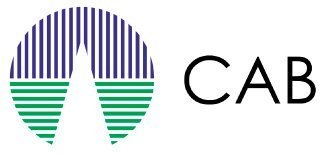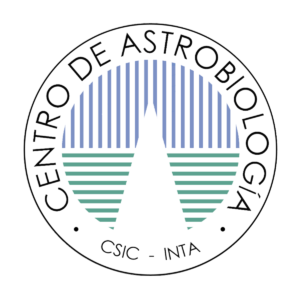Head of Department
Dr. Felipe Gómez is a senior staff scientist at CAB. His research work focuses on the study of extreme environments, limits of life and, by extrapolation, development of habitability potential in adverse environments. e participates in Mars exploration space missions to search for traces of life and study the habitability potential of the red planet. He is currently part of the scientific team (Co-Investigator) of the Rover Environmental Monitoring Station (REMS) instrument aboard the NASA Curiosity-MSL rover that is studying the surface of Mars at this time. Dr. Felipe Gómez is Co-I of MEDA instrument that will be onboard Mars2020 NASA mission to Mars.
He has been part of the scientific team of several campaigns of astrobiological interest in studying different extreme environments. The project M.A.R.T.E. (Mars Analogue Research and Technology Development) began in 2003 and extended until 2006. Its principal investigator was Dr. Carol Stocker of NASA Ames Research Center. t consisted in the study of the subterranean environment of the zone of origin of the Tinto River (Huelva) where several perforations were made (160 m deeper) until reaching the anoxic zone isolated from the surface. The ultimate goal of the project was the design and development of an automatic platform for drilling without direct human intervention (automatic drilling) on the surface of Mars. This project was the beginning of research into the development of automatic drilling instruments for this purpose. This project was funded by NASA within NASA’s ASTEP program for the development of technology for future space missions.
Another project on extreme environments was the international campaign to study the zone of origin of Tinto within the framework of the CAREX project. This project was funded by the FP7 program of the European Commission. A campaign was designed using different studytechniques (Raman, Mossbauer) contributed by different international teams that intensively studied the same samples (Gómez et al., 2011).
In the context of the Europlanet project (FP7 of the European Commission, H2020 and New Horizon programs), the planetary sciences were articulated at the European level with the intention of being competitive worldwide competing with the American planetary sciences. In the context of this project and coordinated by Dr. Felipe Gómez, several study campaigns of extreme environments were developed: saline environment of Lake Chott-El Jerid in Tunisia, simulation of a manned mission to Mars in the extreme environment of Rio Tinto, study of active volcanism environments of the Kamchatka peninsula in Russia, campaign to the cold environments of the island Svaldbard in the Arctic, as well as Danakil depression campaign in Ethiopia. Other campaigns of astrobiological interest to be underlined were to Antarctica (Deception Island) and Atacama Desert in Chile.
Researcher ID: L-7315-2014
ORCID: 0000-0001-9977-7060
Web page: https://auditore.cab.inta-csic.es/europlanet/
| Key words | Extreme Environments, Habitability, Mars, Search for Life |






